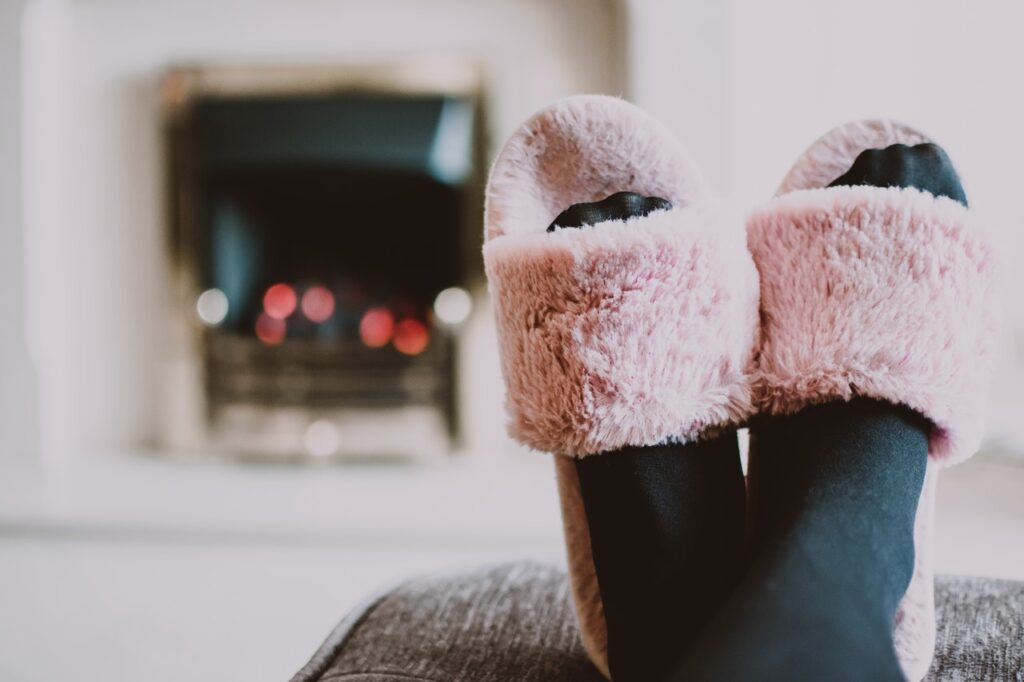
Mental Health Awareness Week: Experts reveal how to tell if you are burnt out
Subira Jones, burnout prevention consultant and certified millennial burnout coach, says;
“To identify social burnout, whilst you’re in a social setting or when you leave, take some time to check in with yourself and figure out how you feel. Ask yourself: Do you feel anxious? Do you feel like you are required to put on an “act”? Do you feel overstimulated by what’s happening? Do certain social situations leave you feeling stressed and strained?”
“Disassociation is a surprising symptom of burnout – if you find yourself daydreaming often when you’re in social situations this a sign you are burnt out as we use this as a coping system to help find a little mental reprieve from the situation around us.”
“Learn to say no. If there is a social event that you know you won’t enjoy or feel comfortable attending, it’s okay to say “no!” Communicate your friends that you would still like to be invited and have the option to say “yay” or “nay”.
“Feel comfortable leaving events earlier when you feel like you’ve had “enough”. Do not wait for your energy levels to be at zero before you allow yourself to leave. My go to technique when I am at parties is to dance. Dancing allows me to have a good time, whilst appearing to be having a good time, without any of the social pressures to engage in conversation with other guests.”
Sonya Barlow, Founder and CEO of the LMF Network, TEDx Speaker, LinkedIn Changemaker 2021 and LinkedIn Top Voice 2022, says;
“When I was socially burnout I started to dislike myself, which impacted my identity, and I was putting emphasis on other people. When I acknowledged what I was going through, I deleted all my social media apps from my phone and found loving myself again in fiction books because it allowed my mind to get lost in the stories, rather than focusing on what I was ‘missing’. “

“The best way to deal with and prevent burnout is to always prioritise your well-being and understand your triggers. When I experienced burnout, I realised I was neglecting my health and fitness as well as I should have, like looking after my migraines, mental health, and exercise routine. Also, don’t socially compare with others’ lifestyles and get yourself offline for at least a short period of time.”
How to recharge your social battery ahead of the summer
Since the pandemic many of us have noticed our social batteries are running lower than usual. As we have acclimatised back to the normal runnings of the world over the past year many of us have felt that we have over socialised, and seeing our friends is sometimes becoming a chore that is exhausting. But how can we recharge our social batteries ahead of summer plans?
Reebok has outlined the best exercises to do when you are feeling social burnout and partnered with experts to reveal how to cope with a social hangover.
What is social burnout?
Social burnout occurs when you have socialised to the point that you begin to experience social fatigue. Farren Morgan, soldier and head coach at The Tactical Athlete, outlines that social burnout can present itself in “extreme fatigue which will affect people mentally, physically, and emotionally.”

With multiple bank holidays, and summer plans on the horizon the possibility of social burnout is higher than ever. But as Joe Mitton, founder of Mittfit, outlines; exercising can help alleviate burnout and reduce feelings of stress as exercise “releases dopamine and serotonin which both help in improving mood and sleep” which can in turn reduce social burnout. But what are the best exercises to do when you feel burnt out?
- Yoga
Yoga is an excellent stress-relief exercise, which involves a series of moving meditations, stationary poses, or postures, which are further combined with deep breathing techniques. Yoga helps to bring more focus and awareness to our breathing which has both physical and psychological benefits. When we are stressed, we often shorten our breathing. Learning how to regulate your breathing correctly and calmly is a great transferable skill you can incorporate into your everyday life.
- Walking
Walking helps to stretch and strengthen muscles and is also “beneficial for the hippocampus – which is the part of the brain that acts like a brake on the stress response”, says Ruth Cooper-Dickson, Positive Psychologist. If you are feeling anxious or socially burnout, why not try walking to your plans? This will reduce your stress and also provide you with some essential ‘me’ time that will redirect some of your energy to yourself instead of others.
- Dancing
Dancing is a great exercise “for activating GABBA (Gamma-aminobutyric acid) — this is an amino acid whose purpose is to calm the brain and act as a fire extinguisher to enable brain cells to suppress their activities.” comments Ruth Cooper-Dickson. If you want to incorporate this into your social plans you can go out dancing with your friends this summer. There are various bottomless brunches and garden parties across the country that can offer this to you and your friendship group.
- HIIT
Possibly the most effective exercise to cope with social burnout is high intensity interval training. Farren Morgan, soldier and head coach at The Tactical Athlete, states; “exercises that produce the sweat are the best because of their high intensity, and the mental and physical challenge they place upon the body.”
Farren has designed a HIIT training circuit, that will effectively reduce social burnout:
“Try out this set of exercises after three minutes of dynamic stretching.The exercise should take 12 minutes to complete with twenty seconds working out, ten seconds resting between each exercise, and two sets being done per exercise:
– Pop Squats
– High Knees
– Walk Downs
– Burpee
– Lateral Jumps
– Star Jumps”
- Boxing
Boxing is effective at reducing social burnout as it requires our full concentration which encourages you to switch off from the outside world. Boxing also reduces stress by teaching you proper breathing techniques, building confidence, and giving you an instant energy boost. Punching also helps to relieve muscle tension and even improve your confidence, making you more capable to deal with stressful or challenging situations.
Social burnout can present itself in many ways and it is important that we recognise when we need to take a step back and concentrate our time on ourselves. As Farren Morgan outlines “exercising is a great way to detach because it requires your full attention, relieves stress, and also leads to a more positive and clearer mindset.” However, you can also reduce these feelings by taking a few minutes for yourself throughout the day or cancelling plans when you are mentally exhausted


You must be logged in to post a comment Login